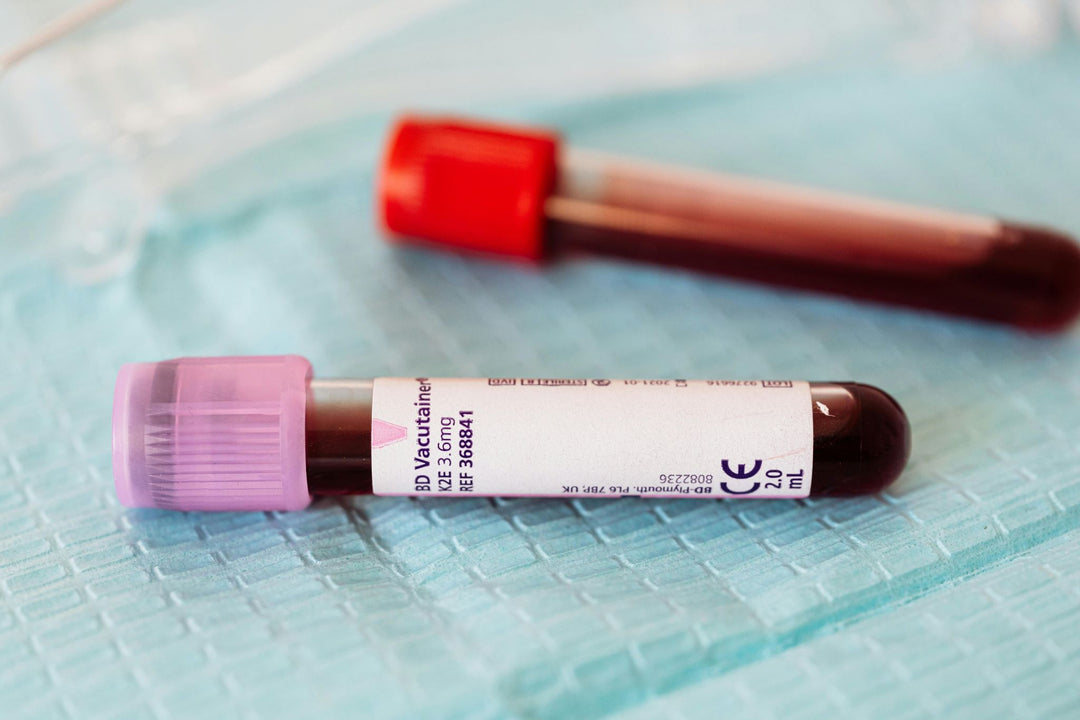HIV and AIDS - What you should know
HIV - Understanding the Global Challenge - HIV, or Human Immunodeficiency Virus, is a virus that weakens the body's immune system by attacking and destroying specific cells. This makes the body susceptible to diseases that would typically have milder effects on uninfected individuals. If left untreated, HIV infection can progress to AIDS - Acquired Immunodeficiency Syndrome.
Infection as a Global Issue
Since its discovery in the 1980s, the HIV virus causing HIV infections has evolved into a persistent global health challenge. AIDS, the final stage of untreated HIV infection, has led to millions of deaths worldwide in recent decades. However, thanks to extensive research and improved medical approaches, the life expectancy for people with HIV/AIDS has significantly improved in recent years.
Controlling Viral Load and Antiretroviral Therapy
The viral load, the amount of the HIV virus in the blood, is a crucial factor in the progression of the disease. The introduction of antiretroviral therapy (ART) has allowed for the control of viral load and the strengthening of the immune system. This has substantially extended the life expectancy of people living with HIV. While AIDS was once almost always fatal, today it is possible to slow down or even halt the progression of the disease.
Early Detection through Diverse HIV Testing Methods
A vital step in early detection and control of HIV is the HIV test. Various testing methods are available, including the PCR test for the direct detection of the virus's genetic material, the antibody test to determine HIV-specific antibodies, and the 4th generation test, which captures both antibodies and antigens.
Rapid tests provide quick results and are used in various settings. Significant progress has been made in recent years, and self-tests offer a discreet way to regularly check one's HIV status. In addition to traditional settings such as pharmacies, medical practices, or health authorities, STI tests can now also be requested and conducted online.
 The Red Ribbon: A Global Symbol of Solidarity with HIV-Infected and AIDS-affected Individuals
The Red Ribbon: A Global Symbol of Solidarity with HIV-Infected and AIDS-affected Individuals



















